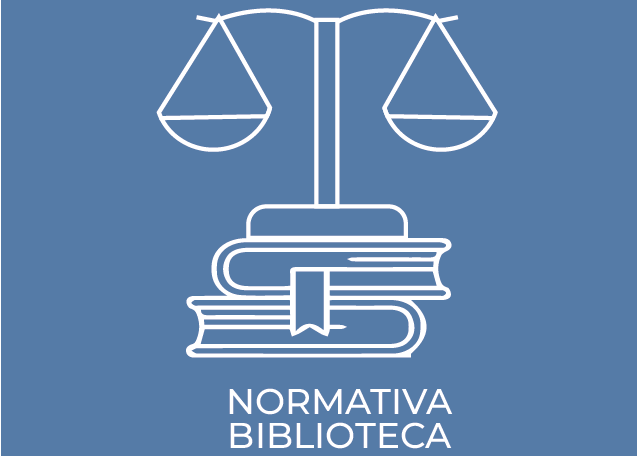Teaching pronunciation to teenagers through activities built on multiple intelligences at the pucesa as an experimental study
Teaching pronunciation to teenagers through activities built on multiple intelligences at the pucesa as an experimental study
- 173 páginas ; 23 cm.
Disertación
1. Theoretical Framework.-- 2. The sound sistem of English.-- 3. Multiple intelligences theory.-- 4. Multiple intelligences and learning styles in the classroom for teaching pronunciation.-- 5. Activities and strategies to improve pronunciation.-- 6. Analysis and results of the data collected.-- 7. Conclusions and recommendations.
Disponible para préstamo interno
This study begins with a research study about the main aspects which influence pronunciation of a second language such as age, attitude, aptitude, motivation, personality, learning styles and native language influences. In order to have a better idea of how the English phonological system works, we explain and describe the different aspects sucha as segmental and suprasegmental features that will help us to get to know student´s pronunciation problems. Afterwards, we define what multiple intelligences are, their classification and the description of characteristics which identify each one and also, how this theory can be applied in an EFL classroom in order to improve students´pronunciation. Based on the study and a pronunciation pretest, we identify both: Students´weaknesses in certain phonemes as well as their predominant multiple intelligences. We create and adapt activities to improve strudents´pronunciation problems exploiting their multiple intelligence.
IDIOMA INGLES
LINGUISTICA
DISERT 410 / G9341t
Disertación
1. Theoretical Framework.-- 2. The sound sistem of English.-- 3. Multiple intelligences theory.-- 4. Multiple intelligences and learning styles in the classroom for teaching pronunciation.-- 5. Activities and strategies to improve pronunciation.-- 6. Analysis and results of the data collected.-- 7. Conclusions and recommendations.
Disponible para préstamo interno
This study begins with a research study about the main aspects which influence pronunciation of a second language such as age, attitude, aptitude, motivation, personality, learning styles and native language influences. In order to have a better idea of how the English phonological system works, we explain and describe the different aspects sucha as segmental and suprasegmental features that will help us to get to know student´s pronunciation problems. Afterwards, we define what multiple intelligences are, their classification and the description of characteristics which identify each one and also, how this theory can be applied in an EFL classroom in order to improve students´pronunciation. Based on the study and a pronunciation pretest, we identify both: Students´weaknesses in certain phonemes as well as their predominant multiple intelligences. We create and adapt activities to improve strudents´pronunciation problems exploiting their multiple intelligence.
IDIOMA INGLES
LINGUISTICA
DISERT 410 / G9341t








